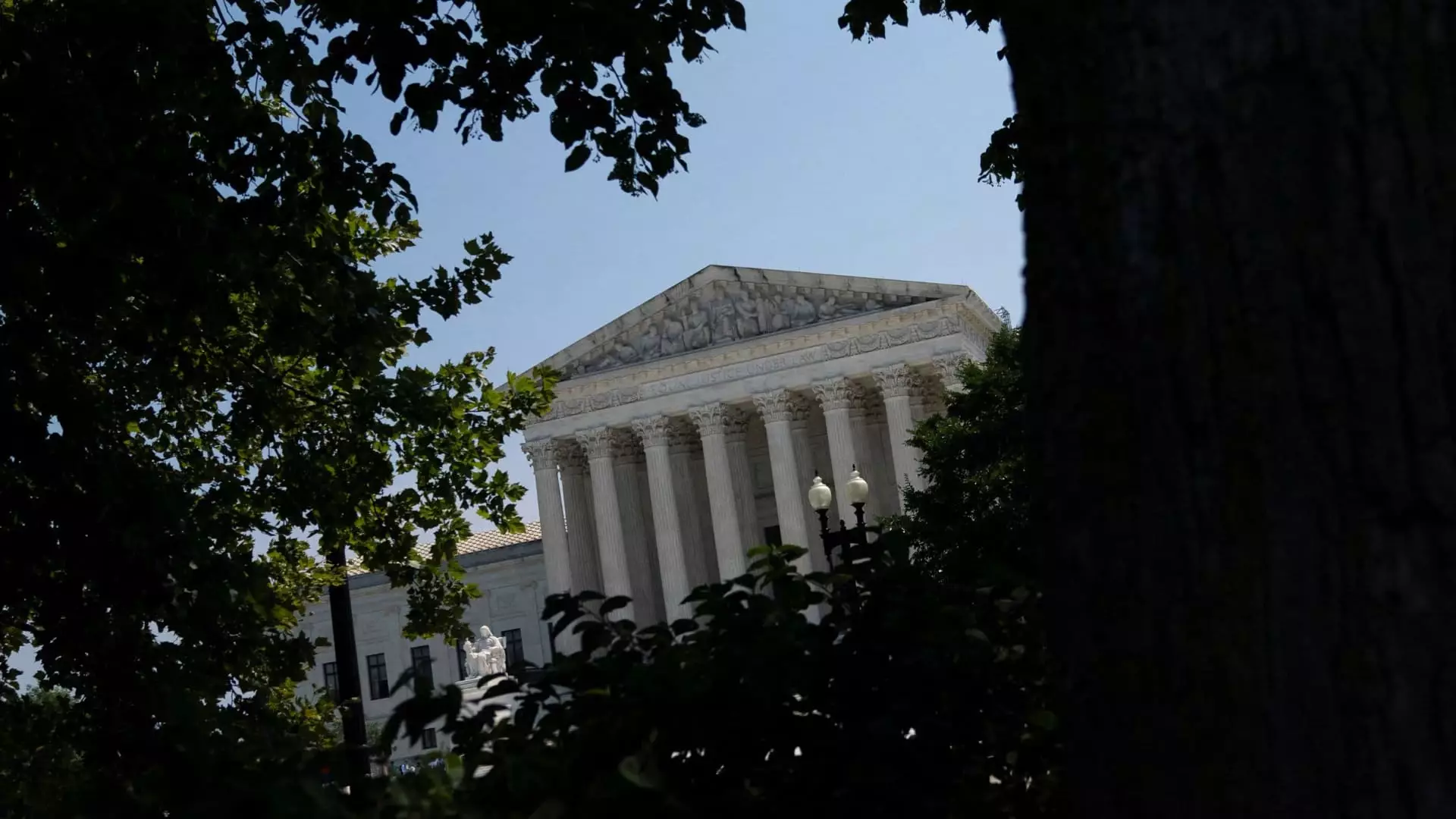In a pivotal ruling on Thursday, the Supreme Court took a decisive stance in favor of enforcing the Corporate Transparency Act, a federal law designed to enhance the transparency of corporate ownership in the United States. This ruling lifts a nationwide injunction imposed by a federal judge in Texas, who had previously argued that the law overstepped congressional authority. The implications of this decision are far-reaching, affecting not only small businesses but also the broader fight against financial crimes such as money laundering and terrorism financing.
The Corporate Transparency Act, enacted in 2021, mandates that corporations and limited liability companies (LLCs) disclose their beneficial owners to the Treasury Department’s Financial Crimes Enforcement Network (FinCEN). This requirement arose from the alarming trend of criminals exploiting the anonymity offered by corporate structures to obscure their actions, thus hindering law enforcement efforts. Small businesses, represented by the National Federation of Independent Business, argued that the law imposes undue burdens and liability risks on them. It was in this context that U.S. District Judge Amos Mazzant delivered his ruling, labeling the statute a “quasi-Orwellian” measure that potentially infringed upon the rights of states as outlined in the 10th Amendment.
Conversely, the Biden administration sought to quell these challenges, emphasizing the significance of the law in enhancing national security and protecting the integrity of financial transactions. The administration contended that millions of entities had already complied with the law, highlighting its necessity in preventing the illicit use of corporate entities.
By lifting the injunction, the Supreme Court has reinforced the notion that combating financial crime is imperative in today’s economic landscape. The decision reaffirms Congress’s authority to legislate on matters that influence interstate commerce through the Commerce Clause, a critical component of constitutional law often cited in similar legislative debates. Furthermore, the ruling mitigates fears that Congress may be restricted in its ability to regulate economic activities that pose risks to the national and global economy.
This situation connects with broader discussions about corporate accountability and transparency. The Corporate Transparency Act aims to foster an environment where illicit activities are more difficult to conceal. Supporters argue that increasing transparency regarding beneficial ownership is essential for enforcing financial regulations and effectively prosecuting crimes such as tax evasion and human trafficking.
The Response and Future Challenges
As anticipated, the ruling has stirred reactions from various stakeholders. Proponents of the law celebrated it as a crucial step towards safeguarding the financial system, while opponents, particularly within the small business community, expressed concerns about compliance burdens and privacy issues. The ongoing discourse surrounding the law reflects deeper societal questions about the balance between regulatory oversight and individual privacy rights.
Moreover, while the decision is a victory for proponents of the act, the debate is far from over. Challenges to the law’s implementation and ongoing scrutiny regarding its effectiveness will persist. Lawmakers and legal experts will continue to grapple with concerns about potential overreach as they strive to find a balance between effective regulation and the preservation of economic freedoms.
The Supreme Court’s ruling represents a significant affirmation of legislative intent aimed at protecting the integrity of the financial system in the United States. It underscores the necessity of transparent corporate governance in the face of growing threats from financial crime. While balancing the needs of law enforcement with the rights of small businesses will continuously evolve, the decision marks a critical chapter in the ongoing battle to preserve the integrity of the U.S. financial landscape. Ultimately, the unfolding situation will serve as a bellwether for how the country navigates the intricate relationship between corporate transparency and economic liberty in an increasingly complex world.

